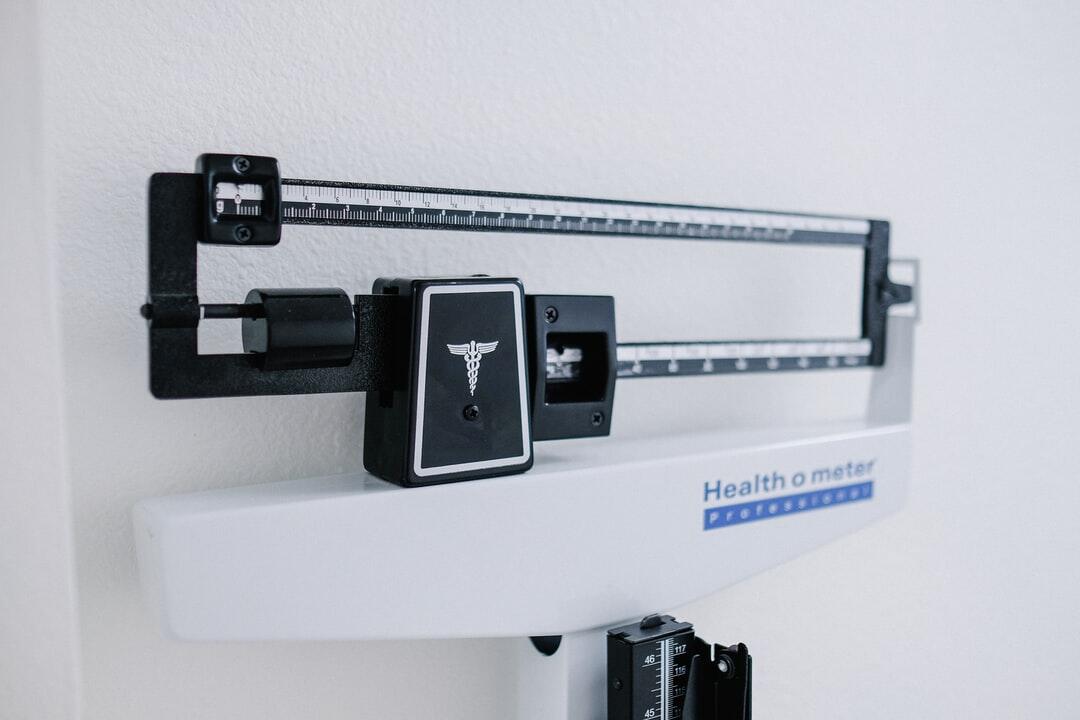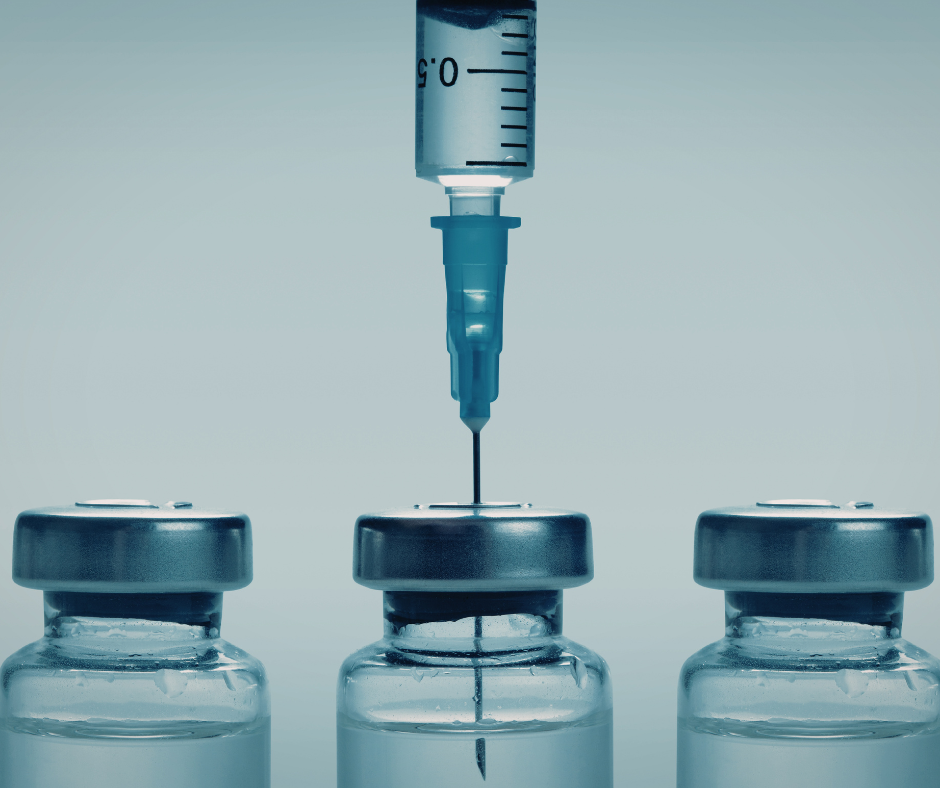All that cardio and time in the gym could be going to waste if you have low testosterone. It’s a common problem for men over the age of 30, and many of those affected don’t even realize it.
If you’re having trouble losing weight or your weight continues to rise, low testosterone could be the culprit. If you’ve wondered does low testosterone cause weight gain, the answer is yes.
There’s a strong connection between testosterone deficiency and health and well-being. The good news is that with proper diagnosis and treatment, you can lose weight and restore your vitality.
Here’s a guide to weight gain and low testosterone levels.
The Effects of Testosterone
Testosterone has many complex effects on your body besides regulating your libido and bone mass. It’s an important factor in fat distribution and the amount of muscle mass you can build and maintain.
Low levels of testosterone can negatively impact the body in a variety of ways, including influencing your weight. As testosterone declines with age, a little medical intervention can go a long way.
Some men have abnormally low testosterone levels for their age. This makes them an ideal candidate for hormone replacement therapy.
Testosterone and Muscle Mass
Low testosterone makes it hard to build or maintain muscle mass. The amount of muscle on your frame is a major factor in weight regulation.
A muscular build requires more energy and calories to maintain. Muscle burns more calories and keeps your weight at normal levels. The more muscular you are, the more calories you burn.
When testosterone levels are too low, muscle mass begins to decline, slowing down your metabolism. It’s a domino effect that leads to weight gain and fat that is hard to lose despite your best efforts to diet and exercise.
Testosterone and Fat Storage
Fat cells were once thought to be dormant, but we now know they act like other organs. Fat cells secrete chemicals, send signals, and influence other parts of your body.
Fat cells produce the enzyme aromatase. This converts testosterone to estrogen and can lead to a hormonal imbalance and increased body fat.
Your testosterone levels also play a role in where the body stores fat. Low testosterone increases belly fat. Too much fat around your stomach increases your risk for heart disease.
Side Effects of Gaining Weight
Low testosterone can lead to weight gain and make it harder to lose weight. This can affect your appearance, but the problem is deeper than that. Obesity is dangerous and can lead to a variety of serious health problems.
Some dangers of excessive weight gain include:
Heart Disease
Excess weight and a lack of physical activity puts you at higher risk for heart disease. This is one of the leading causes of death in the United States and is one of the most preventable problems as well.
Joint Problems
Weight gain and low physical activity can lead to joint problems as you age. This can impact your mobility and your ability to live an active lifestyle. Maintaining a healthy weight and participating in regular physical activity can help you minimize the risk of joint problems.
Cancer
Men who are obese experience higher rates of cancer. This risk increases for those who are obese over a long period of time. Maintaining a healthy weight and lifestyle won’t guarantee protection from cancer, but it will lower your risk.
Low Testosterone
Men who are overweight or obese often experience low testosterone. This occurs when the brain receives signals from estrogen that it doesn’t need any more testosterone. These signals are often incorrect, and this sets in motion a vicious cycle of low testosterone levels and other troubling side effects.
Low Testosterone and Weight Gain
There is a strong correlation between your hormones and weight gain. If you’re having unexpected weight gain around your midsection, it could be due to low testosterone.
This type of weight gain is a result of subcutaneous and visceral fat. Subcutaneous fat is a soft, pliable layer of fat found beneath the skin’s surface. Typically, the fat in your body is around 90% subcutaneous. The other 10% is visceral fat.
Visceral fat is located along the abdominal wall, outside of the internal organs, and, within the momentum, a tissue flap under the abdominal muscles that surrounds the intestines.
As you gain weight, the momentum fills in with fat. It becomes harder and slows down the secretion of chemicals that reduce inflammation, stress, and hunger signals. Low hunger regulation and excess stress can lead to overeating and excess weight gain.
Symptoms of Low Testosterone
Low testosterone leads to many negative symptoms in the body, including weight gain and loss of muscle mass. There are a variety of other symptoms to watch for, including:
Fatigue
In the same way, low testosterone levels affect strength and muscle mass, it also affects your energy level. Without the right balance of testosterone, you may feel sluggish or lack the motivation to get going. An increased level of fatigue is a common sign for men experiencing low testosterone levels.
Depression
Depression can be another sign of low testosterone. This hormone plays a major role in the body. When your hormones aren’t in balance, it can make you more susceptible to depression or other mental health issues. You should know that depression can be a side effect of low testosterone.
Sex Drive
Testosterone plays a major role in a man’s libido. When testosterone levels are low, it can negatively impact your sex drive. Testosterone helps to regulate the sex drive. Without the proper balance, men can experience little to no sex drive, and this can have a negative impact on their intimate relationships.
A Vicious Cycle
A hormonal imbalance can lead to weight gain and make it harder to lose weight. Low testosterone can lead to increased belly fat and set off a vicious cycle.
Excess fat impairs the body from effectively producing and using testosterone, which causes already low levels to drop even further. Once this cycle begins, it’s difficult to correct testosterone deficiency without medical intervention.
On average, if a man has a waist circumference of 40 inches or more, it indicates unhealthy deposits of visceral fat. A larger waist circumference is associated with higher mortality, regardless of weight or BMI.
As a man’s waist circumference increases, so does his overall risk of dying from weight-related diseases. If you’re experiencing low testosterone levels, it’s important to understand the risks associated with weight gain.
You want to take immediate steps to manage your testosterone levels and make healthier lifestyle choices. This can lower your chances of developing health complications due to dangerous visceral fat.
Break the Cycle
It’s possible to break the cycle of weight gain and testosterone deficiency. Testosterone replacement therapy (TRT), along with healthy lifestyle choices, can make a difference.
TRT can tackle a variety of problems at once and help regulate testosterone levels, improve energy, increase muscle mass, and decrease body fat. Men who do TRT often experience a boost in their ability to lose weight.
This type of treatment leads to an increase in muscle mass and a decrease in body fat storage. This offers hope to men who have struggled to lose weight due to low testosterone levels.
To maximize weight loss, you should include positive lifestyle changes like regular exercise and a healthy diet into your routine. A comprehensive approach to weight loss is the best way to improve your health and achieve long-lasting results.
The Benefits of TRT
Testosterone replacement therapy helps replenish the testosterone hormone in the body to enhance depleted levels of its natural production. Some common benefits of TRT include:
- Improved libido
- Improved mood
- Less anxiety
- Better sleep quality
- Improved confidence
- Improved assertiveness
- Improved beard growth
- Increased strength and muscle mass
- A deeper, more stable voice
- Improved cognition and memory
- Increased vascularity and blood supply
- Increased bone density
- Better erection quality
- Improved focus and motivation
- Reduced all-call mortality
If you think you may be suffering from low testosterone levels, you’re not alone. It’s a common problem that many men face, and there is effective treatment available. With proper diagnosis and treatment, you can reduce your low T symptoms and improve your overall quality of life.
Hormone replacement therapy can be a valuable tool to help you achieve your weight loss goals. For best results, TRT combined with diet and exercise is a winning plan to help you feel and look your very best.
Does Low Testosterone Cause Weight Gain?
If you have wondered, “Does low testosterone cause weight gain?”, the answer is yes. Low testosterone can lead to excess weight gain, muscle loss, and a host of other physical and mental health issues.
The good news is there are effective treatments for low T that may be right for you. At Evolve Telemedicine, we value you and your health above anything else.
Our mission is to help all of our patients live happier, healthier, more productive lives. Let us help you achieve your health goals and improve your testosterone levels!
Contact Evolve Telemedicine today to schedule a free consultation.






